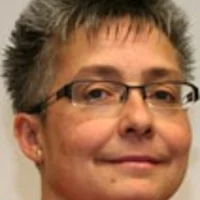The Electronics Design Core Team is the engineering partner for hardware, firmware and hardware specific software developments for instrumentation electronics in experiment set-ups. Covering the entire electronics design process, we are responsible for:
- Consulting
- Concept developments starting from the functional descriptions, requirements and constraints
- Simulations
- Printed Circuit Board development (schematic and layout)
- Prototyping and Testing
- Preparation and monitoring of (external) series production
- Commissioning (Calibration) at the experimental areas
After commissioning we are supporting the persons responsible for the "instruments" and their maintenance to keep the systems performing well and, if required, we are evaluating the possibilities to integrate additional features.
All our effort is put into the development of user-friendly, reliable and flexible solutions. By introducing additional testing capabilities and by providing system status information during run-time operation we try to keep future maintenance efforts as low as possible. Whenever different projects are coming up with similar requirements we try to implement standard solutions to keep the diversity of our systems low and to simplify the spare part management.
A major part of our work consists in developing detector-readout and data acquisition systems in close collaboration with other teams such as the Detector Group within our laboratory or with the Chip Design Core Team in our own group. For example the so called Midas Slow Control System was developed together with the Muon Physics Group for experimental set-ups of our laboratory. This fieldbus-like control system can be configured with various hardware modules and is used for control- and steering-tasks in many different experimental set-ups at PSI. More information is provided here.
Last but not least we are operating the "Electronics Pool" of the Laboratory of Particle Physics. It's a kind of "shop for scientists" where certain units and modules out of our developments are available.
For further details of our projects visit EDCT-Projects.
For more details about our skills see EDCT-Skills.

